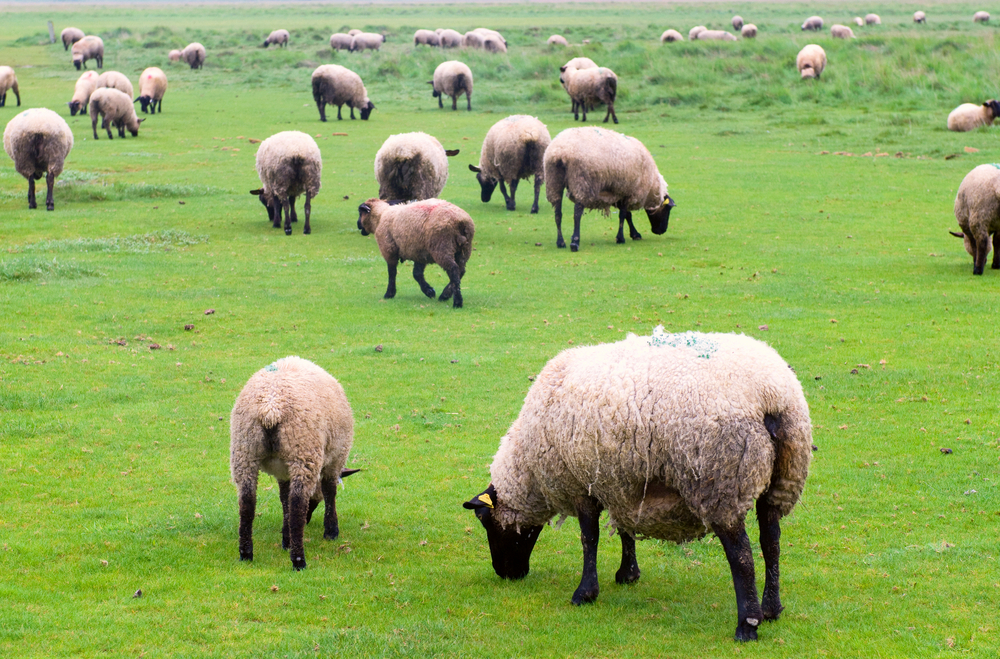Government Awards £41m To Help UK’s 5G Gain An Edge

Six small and medium-sized organisations are to trial next-generation wireless projects in healthcare, tourism, rural productivity and other areas
The government has awarded £41 million to six organisations around the UK for projects aimed at helping develop the country’s capabilities in next-generation 5G wireless technology.
The funds, which include £25m from the National Productivity Investment Fund, are intended to find ways of using 5G to boost rural communities, tourism and healthcare in both the private and public sectors, with each project receiving between £2m and £5m.
As yet 5G remains largely undefined, but organisations are looking at ways of using high-frequency spectrum to deliver mobile broadband services at speeds faster than one gigabit per second (Gbit/s).
“The ground-breaking projects announced today will help to unlock 5G and ensure the benefits of this new technology are felt across the economy and wider society,” said digital and creative industries minister Margot James.

5G ‘transformation’
The government said the University of Surrey’s 5G Innovation Centre (5GIC) was supporting the 5G testbeds and trials programme, which is being carried out by the Department of Culture, Media and Sport (DCMS).
“5G represents a fundamental transformation of the role that mobile technology plays in society, delivering rich new services in sectors such as finance, transport, retail and health,” said the centre’s founder and director, Rahim Tafazolli.
5G RuralFirst, a collaboration between Cisco and the University of Strathclyde, is to receive £4.3m for experimenting with the use of 5G for rural uses including smart farming using drones and autonomous farm machinery.
The West of England Combined Authority is receiving £5m to run trials of 5G Smart Tourism technology with a focus on augmented and virtual reality (AR and VR) experiences for tourists over 5G and millimitre-wave technology in Bath and Bristol. Technology and content support is to be provided by the University of Bristol, the BBC and Aardman Animations.
Worcestershire County Council has been awarded £4.8m for the Worcestershire 5G consortium project, which incorporates the Worcestershire Local Enterprise Partnership and local business and technology partners, and is to examine ways of increasing industrial productivity through preventative and assisted maintenance using robotics, big data analytics and AR over 5G networks.
Digital divide
Liverpool’s Sensor City is to receive £3.5m for the Liverpool 5G Testbed. The testbed includes academics, health sector suppliers and local NHS trusts and is to explore the use of low-cost open-source 5G networks, AI, VR and connected devices to reduce the digital divide and improve healthcare for the elderly in deprived communities.
Mobile equipment provider Airspan Communications has been awarded £4.1m for the AutoAir testbed for connected and autonomous vehicles (CAVs), with the funding to be used for CAV testing at the Millbrook facility. The trials will also include experimenting with small cells in licensed sub-6GHz and millimetre-wave spectrum bands on a neutral host platform to allow operators to share hardware using network slicing. Airspan will examine how the technology can be used for site hand-off for fast-moving vehicles and will look at applying the systems to other areas, including rail.
Quickline Communications, a fibre and fixed wireless acess supplier, is to receive £2.1m to operate the 5G Rural Integrated Testbed (5Grit) for trials of 5G in smart agriculture, tourism and the provision of wireless broadband to remote areas.
What do you know about mobiles past and present? Try our quiz and find out!